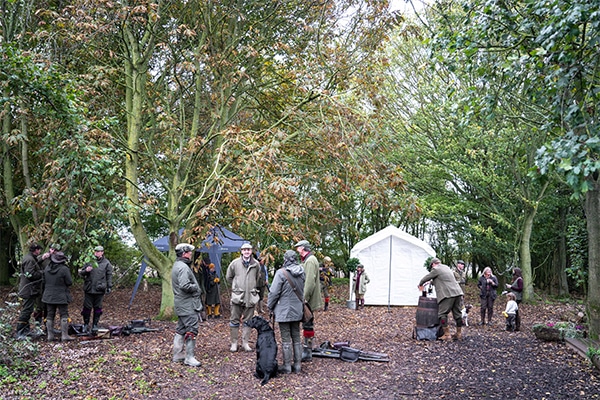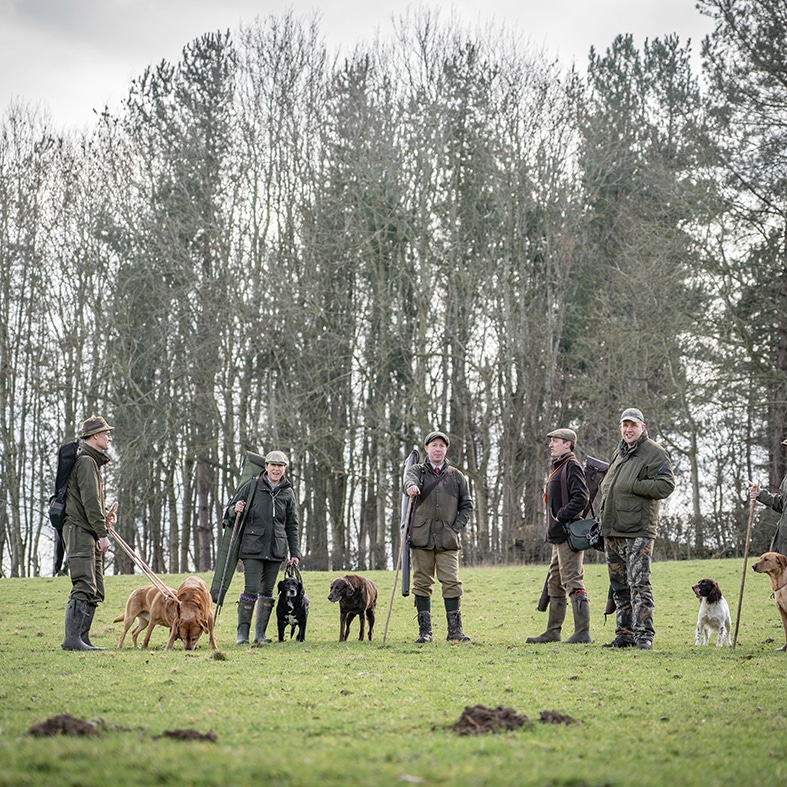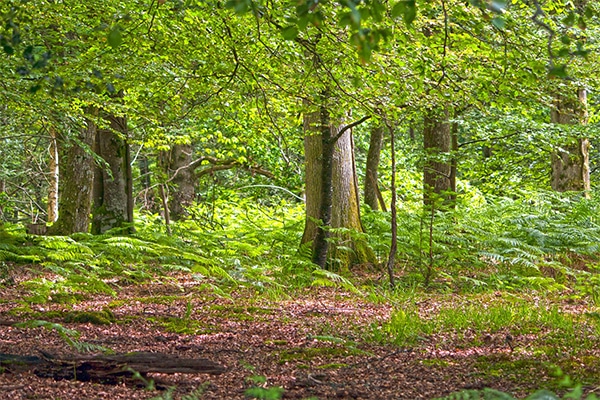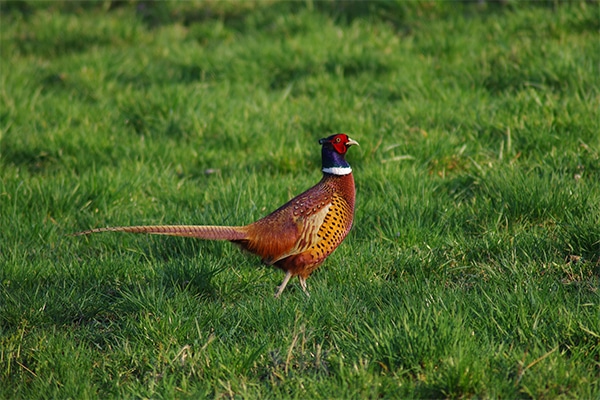
Clubs and syndicates – GDPR
Where shooting clubs and syndicates are concerned there is no definitive answer to the question ‘Do we have to register under the General Data Protection Regulations (GDPR)?
Get information on the legal shooting season for mammals and birds in the UK.
Apply for funding for your project or make a donation today
Comprehensive information and advice from our specialist firearms team.
Everything you need to know about shotgun, rifle and airgun ammunition.
Find our up-to-date information, advice and links to government resources.
Everything you need to know on firearms law and licensing.
All the latest news and advice on general licences and how they affect you.


Home » Gamekeeping » Gamekeeping advice » Disruption of shoots by demonstrators
Shooting, properly carried out, is a lawful activity.
On private land it is a criminal offence (aggravated trespass) to obstruct or disrupt anyone pursuing a lawful activity. It is also an offence to intimidate someone so as to deter them from taking part in that activity. Blocking an access road, walking in front of the Guns, threatening or attacking the Guns can all be criminal offences.
The police have the power, in most circumstances, to arrest anyone committing a criminal offence.
Currently, trespass (being on land without permission) is a civil offence.
However, the police have no power to act. A landowner or his agent may ask the trespasser to leave and subsequently may use “reasonable force” to remove them.
“Reasonable force” can be interpreted in many ways by the courts, and the use of force could leave you open to prosecution. We do not recommend using any force to remove trespassers.
A court injunction can be obtained against possible repeat offenders. Someone who contravenes an injunction can be held in contempt of court.
In Scotland, legislation relating to trespass is more complicated and it is sometimes argued that the offence does not exist. However, anyone causing actual damage or disruption may be requested to leave. There is also recourse to an interdict, similar to an injunction, to guard against repeat offences.
A public right of way (such as a footpath) exists only to allow the passage from A to B. It does not give the right to demonstrate or indulge in any other activity. This has been upheld in court.
This falls into two types:
A common assault can be defined as a threat or offer to commit violence against an individual. More serious offences, such as actual bodily harm up to attempted murder, are committed when injuries are sustained.
Sadly, there is increasing incidence of shoots being disrupted by hunt saboteurs or animal rights activists/protesters.
Many of these are opportune for the protesters as they come across the shoot while looking for a hunt. Shoots can be targeted specifically such as seen on grouse moors recently or where there are high profile members of the shoot.
They seldom work alone and usually turn up in a mob to maximise the effect of intimidation, shouting, wearing balaclavas, using whistles, etc.
If you are unlucky enough to meet with one of these groups, here is some advice of how to deal with the incident.
For more information, visit the Criminal Justice and Public Order Act 1994.
The shooter has a lot to lose if taken to court. The saboteur often has nothing to lose.
Many make a career out of protest and actively seek to be arrested. Through experience they know how to exploit the legal system and will try to make the shoot members commit an offence.
Be aware that they may be filming you, and may spit, swear and use any form of provocation in order to provoke a violent response. If this happens, they have won.
When making notes, difficult as it may be in the heat of the moment, look for details which will identify a demonstrator when the balaclava is replaced by a smart suit in court. Record details of the actions of individuals rather than groups, and make notes of the effects of those actions on those around you.
Record the date and times where possible as this information will be invaluable in court.

Where shooting clubs and syndicates are concerned there is no definitive answer to the question ‘Do we have to register under the General Data Protection Regulations (GDPR)?

Current government targets aim to increase woodland cover in order to improve carbon capture, connectivity and biodiversity across the landscape.

Pens are used for releasing both pheasants, providing safety, especially from ground predators. Find out how yours ranks.